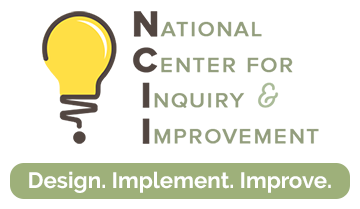NCII works with state systems, foundations, and intermediaries to lead initiatives on issues that offer powerful opportunities to move the needle on student success. Most initiatives identify a select cohort of colleges by application or invitation. NCII then provides ongoing consulting with a goal of advancing a particular redesign strategy and/or fostering the capacity to lead change.
NCII frequently extends the impact of these projects by creating resources for the field and making them available on our website. In this way, every college and practitioner can build their knowledge about these critical issues.
